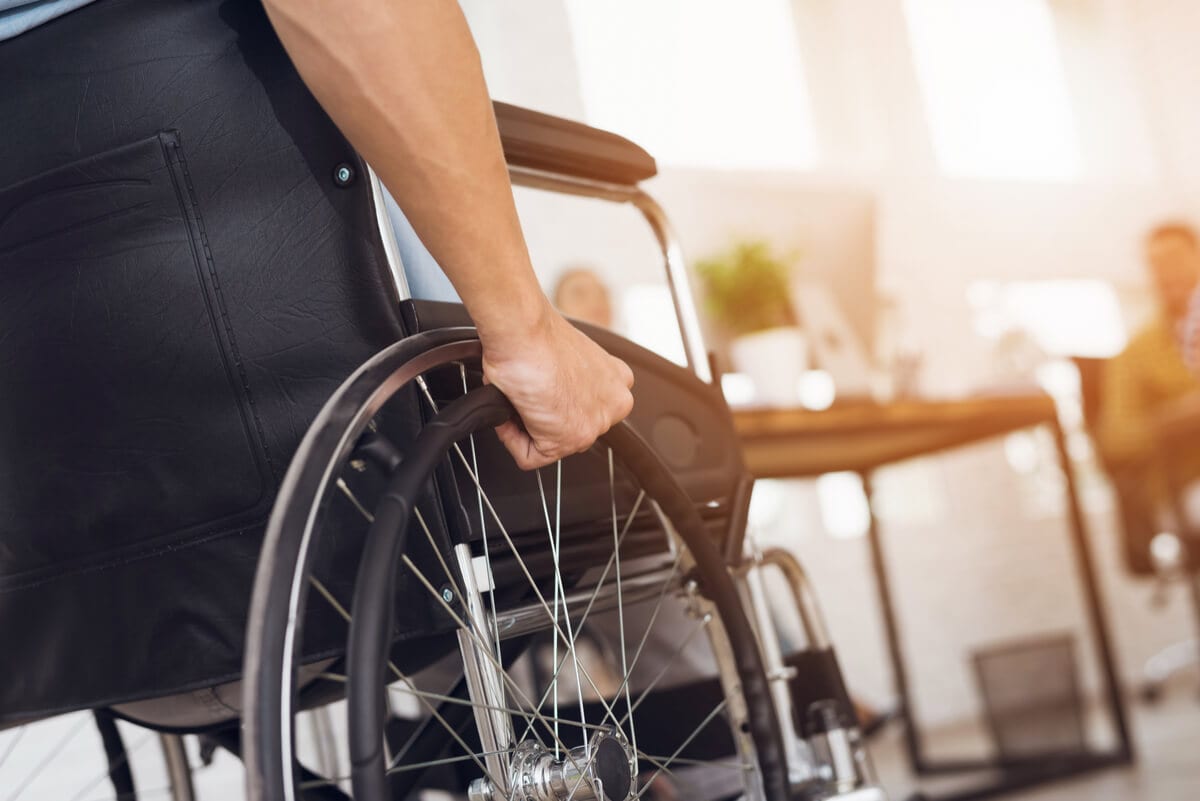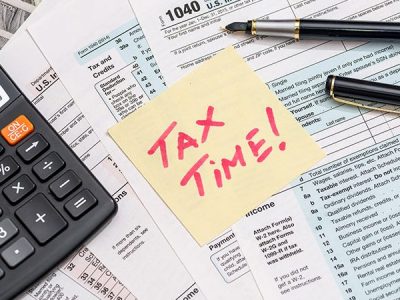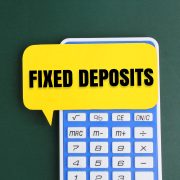
Getting financial help when you get older can feel overwhelming. When you retire and end up on a fixed income, rising costs can leave you feeling vulnerable. While there are plenty of things you can do in advance to prepare for retirement, there are also many different options for financial help if you’re older or disabled. There are a lot of resources for people with limited income and who may not be able to take on a full time job. It’s important to know about these options so that you can take advantage of them as soon as possible.
Social Security
Social Security is a government program that provides income for retired workers, spouses, and children, as well as disabled workers. It’s funded by the Social Security payroll tax. You can apply online or in person at a Social Security office. You become eligible for Social Security when you reach a certain age, but you do need to submit paperwork to start getting payments.
Supplemental Security Income (SSI)
Supplemental Security Income (SSI) is a federal program that provides cash assistance to people who are blind or disabled. If you are 65 or older, you may be eligible for SSI if you have limited income and resources. If you are younger than 65 but have a disability, then you may still qualify for SSI benefits if your income and resources fall below certain limits. The process can take a while and there are many steps involved to get payments. If you’re disabled, you may end up needing an ALJ hearing in order to get approved for payments.
Welfare Programs
There are several programs that provide financial assistance to the elderly and disabled, including Medicaid, Medicare, Social Security Disability Insurance (SSDI), Supplemental Security Income (SSI), Temporary Assistance for Needy Families (TANF) and food stamps. These programs can be very helpful in reducing the cost of healthcare, food, or housing for low-income individuals who qualify. While some people don’t like the idea of getting help, when you’re retired or disabled, these programs can help you eat regularly and get affordable housing.
State Assistance Programs
To apply for state assistance, you will first need to fill out an application. The more information you can provide, the better. You should include your name and address as well as other personal details. Also, make sure to include your Social Security number so that they can verify it with the federal government. If you have children who are also applying for benefits or if any of your family members are disabled, be sure to mention them as well so that their needs will be considered when determining eligibility.
Once a person’s application has been approved by the state agency he or she applied through, he or she may receive financial help in one of several ways. They may receive a monthly cash payment made directly into a bank account, food stamps (SNAP), or temporary cash assistance (TCA).
Veterans Benefits
Former military servicemen and women are often eligible to receive veterans’ benefits. Veterans’ benefits include a pension, health care, home loans, and other types of assistance. The VA provides health care for veterans who have served on active duty or who were discharged from active duty because of a service-related condition.
Veterans can also get help with home loans through the VA Home Loan Program. Veterans who qualify may be able to purchase houses using no money down or at below-market interest rates. They also may not need to pay private mortgage insurance premiums while they’re getting their loan approved and closed.
Health Care Benefits
There are many other ways to help with the cost of health care. Medicare is federal health insurance for people 65 and older and certain younger adults with disabilities. If you have limited income and resources, Medicaid may be available to you as well. TRICARE offers military members and their families access to health care services worldwide through network providers.
Veterans’ coverage includes emergency services at VA facilities, as well as hospital care outside of a VA facility if it’s higher quality than what’s available locally or if the veteran lives far from a VA medical center. Veterans can also receive outpatient mental health treatment at no cost.
Housing Assistance
HUD Section 8 Housing is available through a voucher program. Additionally, there are apartment complexes that offer reduced rates for housing for people with low income that are not directly part of the Section 8 program. Additionally, individual charities and community organizations also offer housing options and rent help for people who need it the most, including the elderly and disabled.











